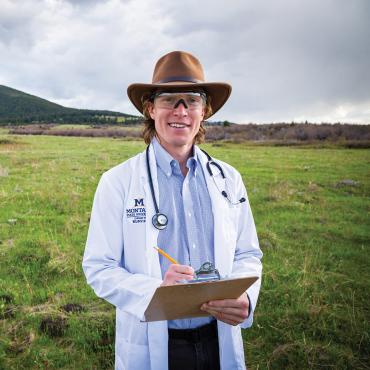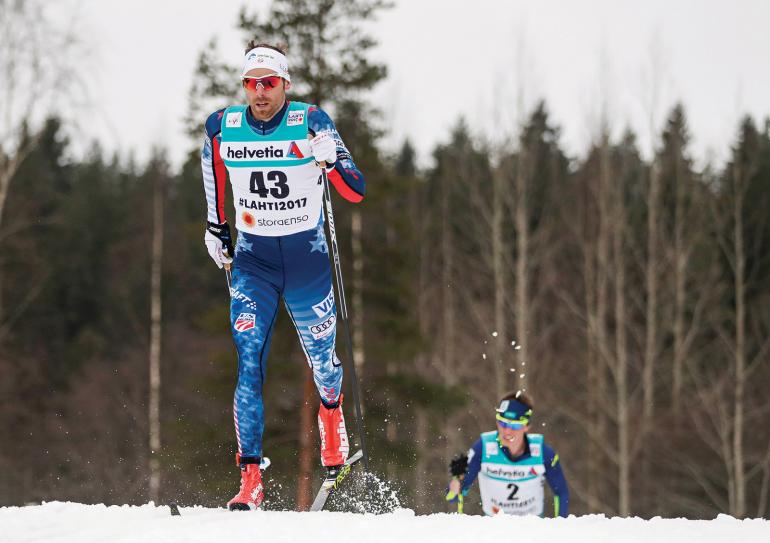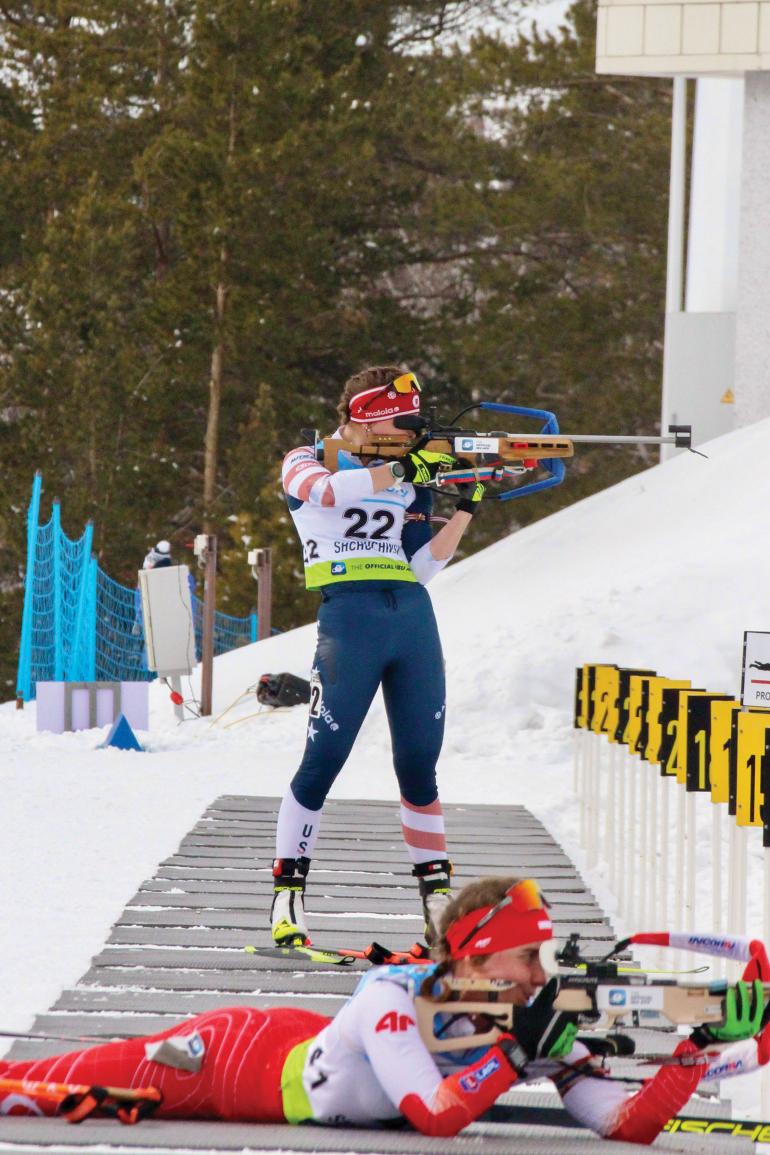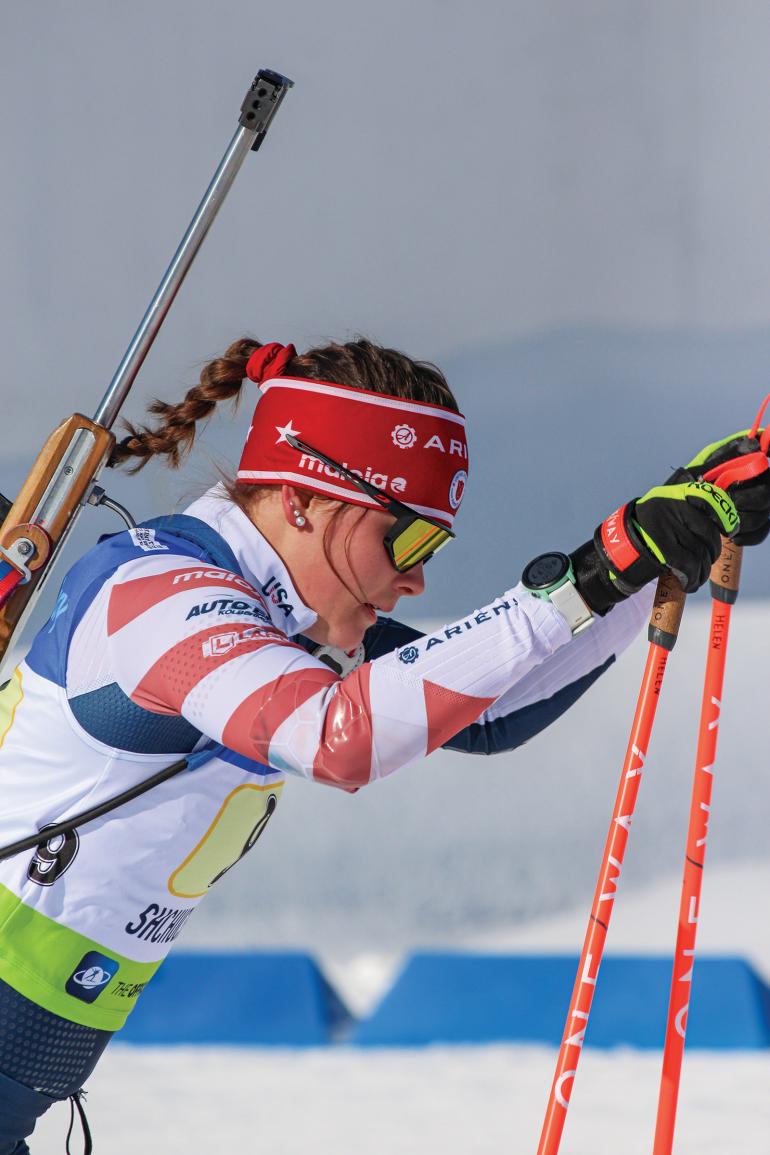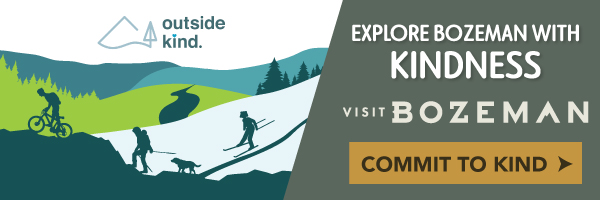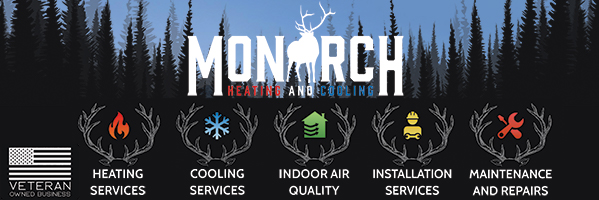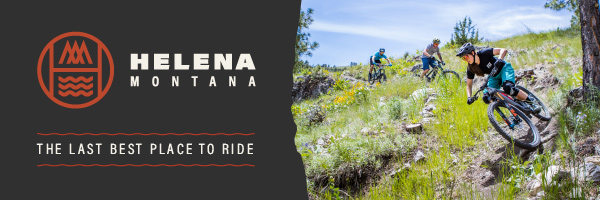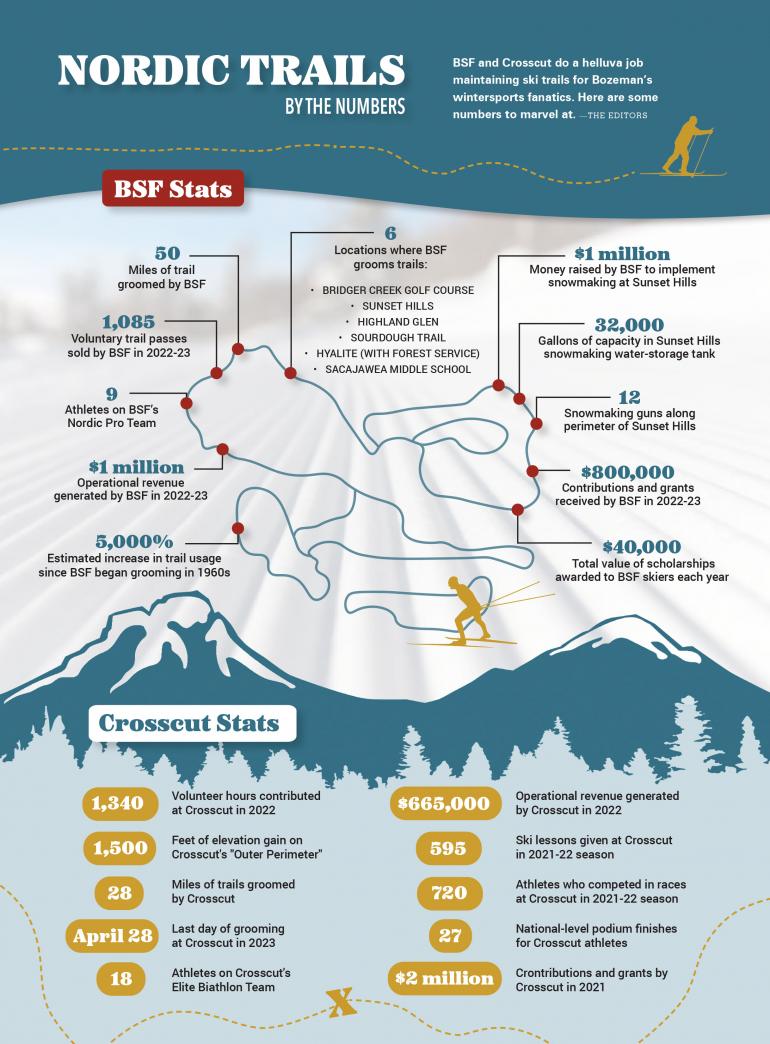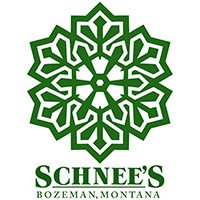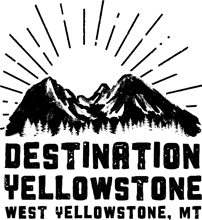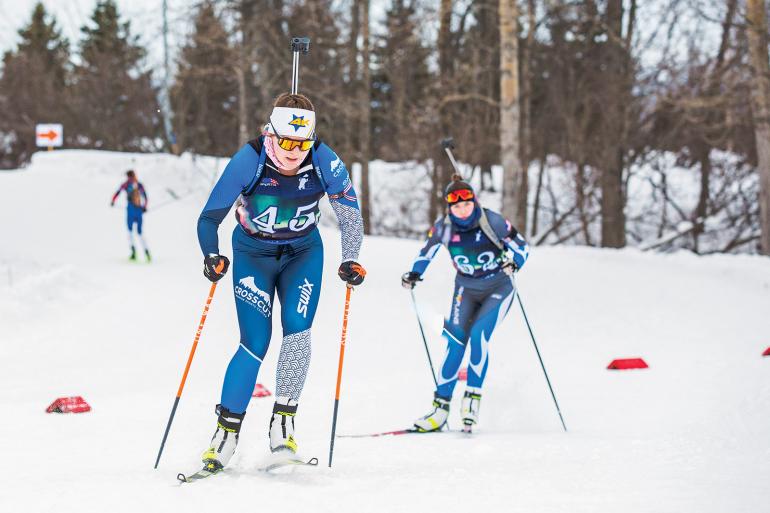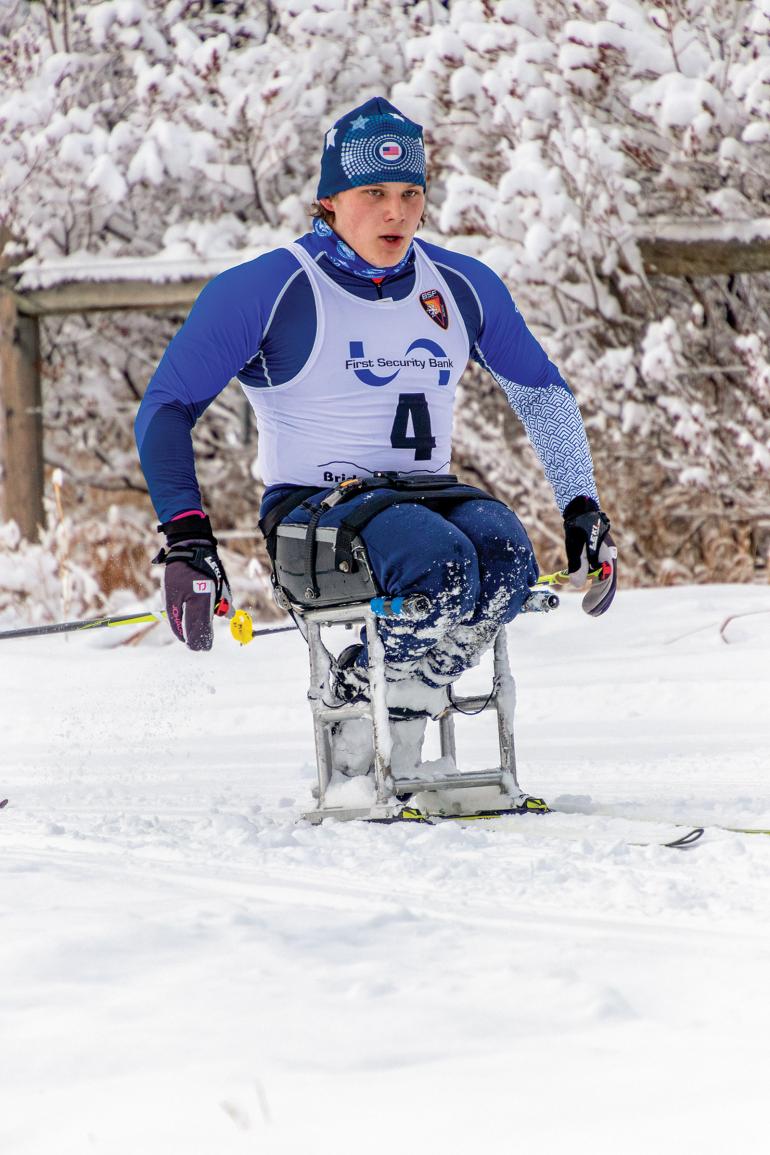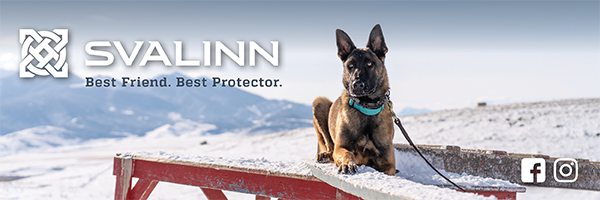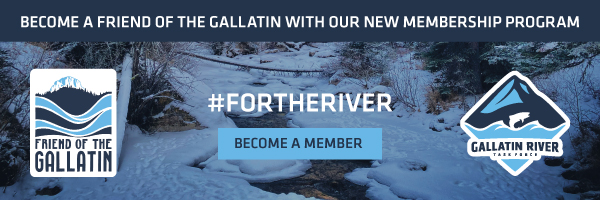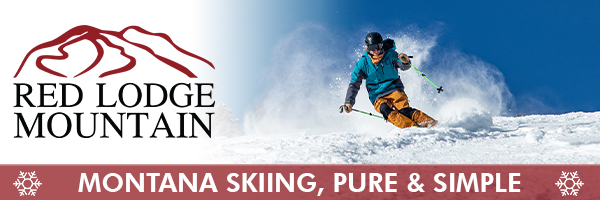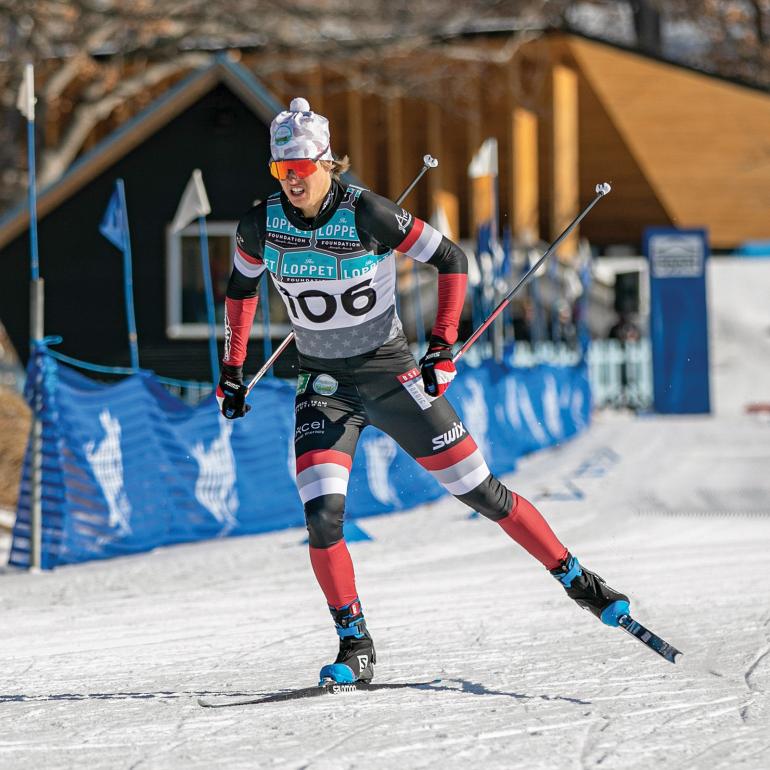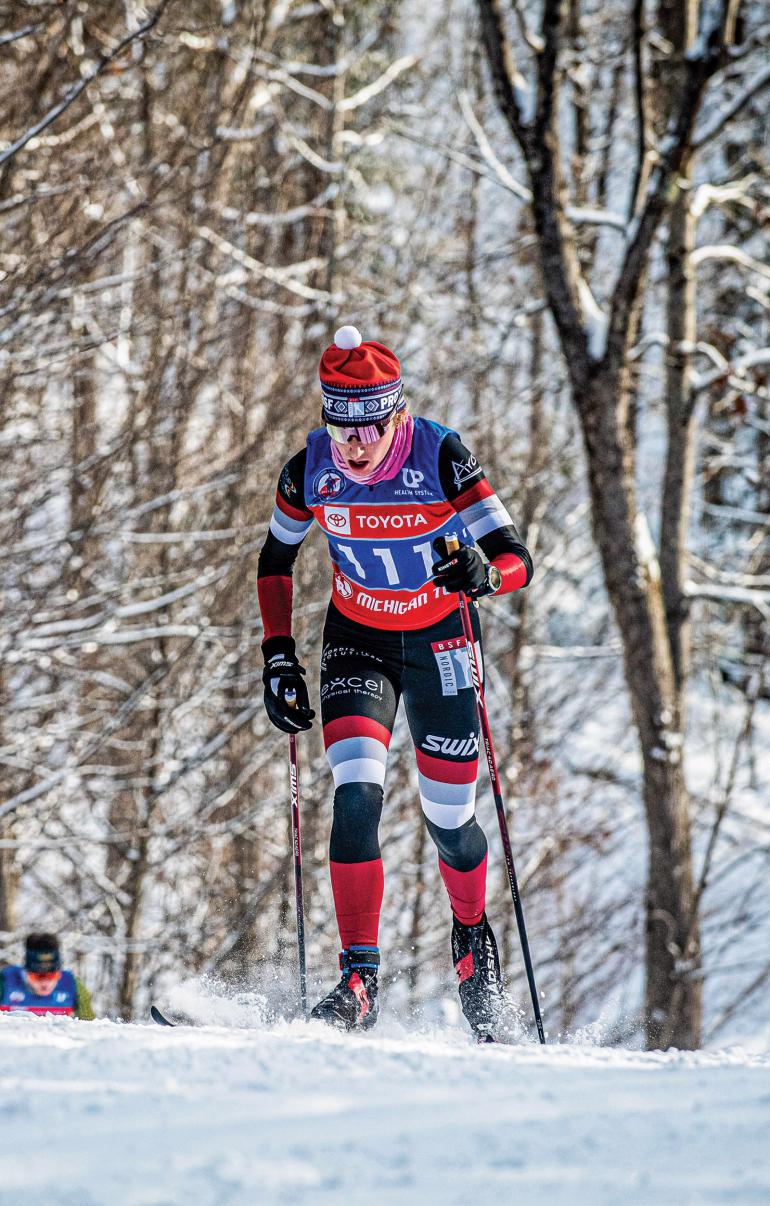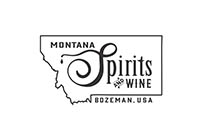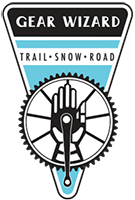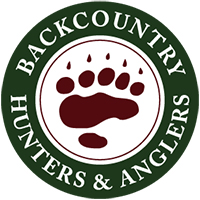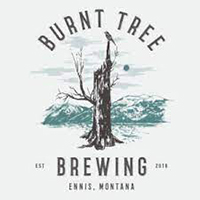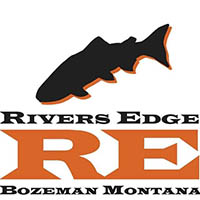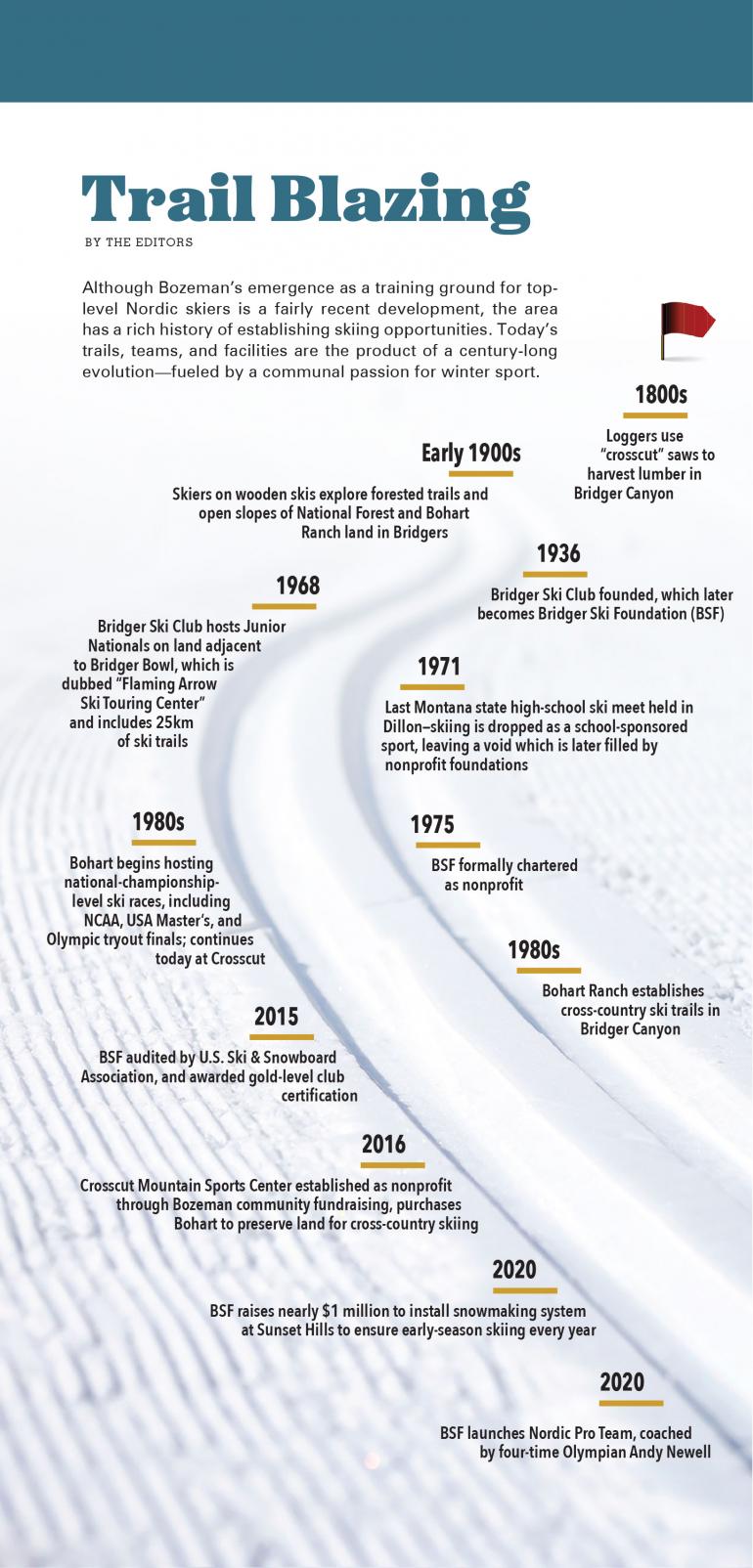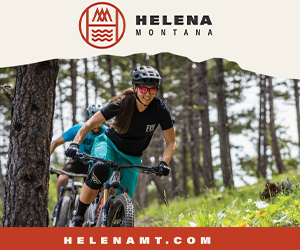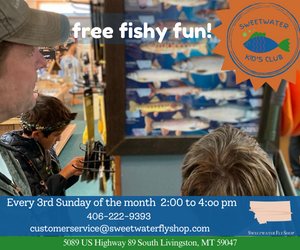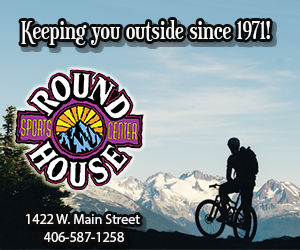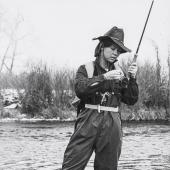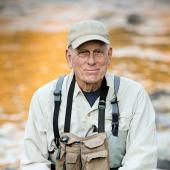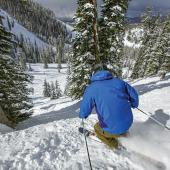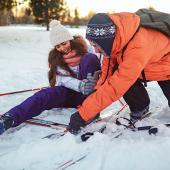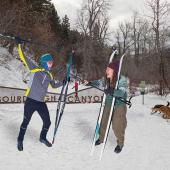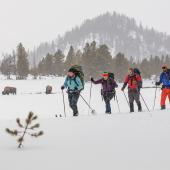Proving Grounds
How Bozeman cultivates a competitive Nordic ski scene.
Bozeman’s physical and cultural landscapes go hand-in-hand with skiing. Our long winters, abundant snowfall, and easy access to mountains make it no surprise that the town has developed a strong connection to snowsports. Nearly 100 years have passed since the area’s first ski hill opened, and plenty of folks were sliding around on forest trails before that.
But as of late, a new side of skiing has emerged in Bozeman: we’re now on the map as a training site for America’s top-level Nordic and biathlon athletes. It’s a development backed by copious community support, with Bridger Ski Foundation (BSF) and Crosscut Mountain Sports Center leading the charge in establishing programs that now attract some of the nation’s fastest skiers. These nonprofit organizations have bolstered opportunities for training in Bozeman by improving facilities, hiring the best staff, and recruiting top-level racers—both locally and from around the country—who are coming into the prime of their careers. They’re choosing Bozeman as a wellspring from which to reach their goals of skiing in the World Cup, and eventually qualifying for the Olympics.
Bozeman has anything and everything you could want as a Nordic skier. —Sarah Goble
Logan Diekmann grew up in Bozeman and skied with BSF as a kid, continuing with the team through high school. He did four years of collegiate racing at the University of Utah, but after his stint in Salt Lake City, he came right back home to ski with BSF again. “There are other strong competitive teams around the country,” he says. “But for me, it was a matter of believing in the program, and having the history of being here.”
Logan’s return to Bozeman in 2020 coincided with the launch of a new program: the BSF Pro Team, led by coach Andy Newell. Hailing from southern Vermont, Andy grew up racing with the renowned Stratton Mountain School, and went on to represent the United States at the Olympic Games. “Andy brings a lot to the table as a four-time Olympian,” says Logan.
Hiring Andy as the Pro Team’s head coach was a big move for BSF. Fellow Pro Team skier Sarah Goble adds, “He’s a really good coach, and an incredible skier himself. And he listens to what we need as athletes.” Sarah grew up in northern Michigan, and skied collegiate for Michigan Tech before moving to train in Sun Valley. But after two seasons, she relocated to Bozeman.
“Bozeman has anything and everything you could want as a Nordic skier,” says Sarah. “In the summer months, there are so many trails for running and mountain biking, and we have great roads for roller skiing. In the winter, there are just endless ski trails.”
Everyone in Bozeman is connected through wanting to look after and enjoy the outdoors. —Ty Wiberg
Coach Andy agrees that Bozeman provides an ideal training environment for Nordic skiers. “We have access to incredible mountains, grooming right in town provided by BSF, and partners like Crosscut that provide challenging race terrain for us to train on,” he says. “We use MSU’s sports-science lab, and partner with local gyms and physical therapists. We’re an active community, so it really makes sense to have an Olympic development program here.”
Up in Bridger Canyon, Crosscut Mountain Sports Center has built not only an impressive circuit of Nordic trails, but also a world-class biathlon range. And just as BSF has laid the groundwork for a nationally-renowned Nordic ski team, Crosscut has built notoriety for its biathlon program.
Piloted in 2019, Crosscut’s Elite Team has since drawn some of America’s top young biathletes to train in Bozeman. Team member Helen Wilson came here in 2021 from Anchorage, Alaska. “I saw all these other biathletes my age at Crosscut, and thought, I need to come here,” she explains. “You don’t see that anywhere else in the U.S.”
Crosscut’s biathlon range is a huge draw for athletes. In the summer of 2022, a new range was built featuring 30 firing lanes, stadium seating for spectators, and a paved track for summer training on roller skis. “In the past, the East Coast was the hub for biathlon,” says Helen. “But with all these upgrades, Crosscut attracts more people from the West. You can get it right here in Bozeman. And being close to MSU is a huge plus.”
Helen is finishing up her accounting degree at MSU this year, and school is just as important to her as ski racing. “I want to be able to fund myself as an athlete, so I can continue to support myself with training,” she says. “Plus, it would be hard to be an athlete 100% of the time. I’m one of those people who always needs to be doing something, but training only takes up two to four hours per day.” Helen has already competed at seven Junior World Championships in biathlon, and has her sights set on World Cup racing and the Olympic Games—not just to achieve her own goals, but also in the hopes of inspiring more women to get involved in biathlon.
“U.S. Biathlon is lacking females in the sport,” she says. “I see lots of women choosing college and a career instead of pursuing biathlon. Whereas, the men’s national team has some really strong guys, but most of them didn’t go to college.” Helen is doing her best to prove that both can be done successfully.
Fellow Crosscut Elite Team member Ty Wiberg also takes an integrated approach to biathlon. As a community-health major at MSU, the native Wisconsinite believes in the importance of athletics as a component of leading a healthy, fulfilling life. “Coming to Bozeman and finding biathlon has really helped me come into my own,” he says. “And now I want to be a figure who says, ‘Hey, even if you have some challenges, give it a shot.’”
Ty was born with spina bifida, a condition where part of his spinal cord protruded outside of his back. He has no feeling below the knees, and no movement in his feet. He can walk short distances, but primarily uses a wheelchair to get around. “I wouldn’t be nearly as functional if my parents hadn’t involved me in sports early on,” he says. “And it’s a good mental-health outlet for me. It would have been a lot harder to grow up with a disability if I hadn’t had sports as an outlet, and to feel like I can be a part of a team, and do the same things as other kids.”
BSF has done a lot for the trails—they take care of grooming, and now even snowmaking. When I was a kid, we just had a few acres of groomed ski trails in the old hospital parking lot. —Logan Diekmann
For Ty, the fact that Crosscut includes disabled athletes on the same Elite Team is a huge benefit to the program. “We’re training together; we have the same common goal,” Ty says. “And you don’t see that everywhere. It helps show that para sports are just as competitive. We’re training just as hard as our able-bodied counterparts. It’s not just a hand-out award; it’s something that we’re actually working at, and committing years of our lives to.”
In addition to the positive team dynamic he’s found at Crosscut, Ty enjoys Bozeman’s communal appreciation for the outdoors. He grew up as an avid hunter, and loves to camp, fish, and swim. Getting outside to recreate is just as important to him as training.
“Everyone in Bozeman is connected through wanting to look after and enjoy the outdoors,” he says. “I have this competitive environment where I can train with awesome people, but I can also get out with people just for the sake of recreating. It’s how I connect with people, and that’s what I love about Bozeman—it’s so interconnected by this common love for the outdoors.”
On the whole, this idea of outdoor connection is fully embraced by Crosscut and BSF. Their investments in skiing facilities and programs allow these nonprofits to engage with the Bozeman community in a mutually beneficial way. They’re primarily funded by independent donors who believe not only in the mission of developing top-tier ski programs, but also establishing remarkable opportunities for outdoor recreation. Because we support them, their work trickles back to us in the form of community events, development programs, and of course, fantastic ski trails.
Logan reflects on the proliferation of public groomed Nordic trails in Bozeman since he was young: “BSF has done a lot for the trails—they take care of grooming, and now even snowmaking. When I was a kid, we just had a few acres of groomed ski trails in the old hospital parking lot. But now, you could do over an hour of skiing in town without hitting the same trail twice.” (Call it three hours for mere mortal skiers.) He also recognizes the social impact of BSF on Bozeman’s skiing community. “It gives all those kids something to do, and gives them a friend group,” he explains. “It gave me a lot of focus. And it draws families together.”
While athletes on the Pro and Elite teams have well-defined goals of racing in the World Cup, and eventually the Olympics, they’re also everyday citizens of Bozeman. They’re happy to be here, and the town facilitates a lifestyle that compliments their intense training regimens. Community engagement helps the athletes feel supported—both by their fans, and by each other.
They’re training hard, but they’re out there for the same reason everyone else is: because skiing is fun.
“Cross-country skiing is funny,” says coach Andy. “It’s an individual sport, but because you’re putting in so many training hours, you really can’t do it by yourself. We know that working with other strong individuals helps you achieve your goals. And this forges some of the strongest relationships these athletes have ever had. They share each other’s success; they share each other’s losses. The life experience that it creates is massive.”
Since Andy signed on with BSF, the club’s total enrollment has nearly doubled in size, and now has approximately 700 Nordic team members in total, across all ages and disciplines. As Andy points out, “Once you’re part of BSF, you’re always part of BSF. Kids can grow up with the program, go off to race in college, and return to represent this club on an international stage, and hopefully one day an Olympic stage.”
For Sarah, it’s an inspiring contrast to her own background. “It was just my brother, my dad, and me skiing in Michigan,” she recalls. “We didn’t have a ski club. But having athletes to look up to would have been awesome.”
Sarah clearly feels at home now in Bozeman and with BSF, even after just one season with the Pro Team. “As long as I’m skiing competitively, I’ll be with BSF,” she says. She and Logan are keen to connect with other skiers out on the trails, and ask us not to shy away from striking up a conversation. They’re training hard, but they’re out there for the same reason everyone else is: because skiing is fun. “Sure, we have Olympic aspirations,” says Logan, “but the ultimate goal is to enjoy ski racing.”


